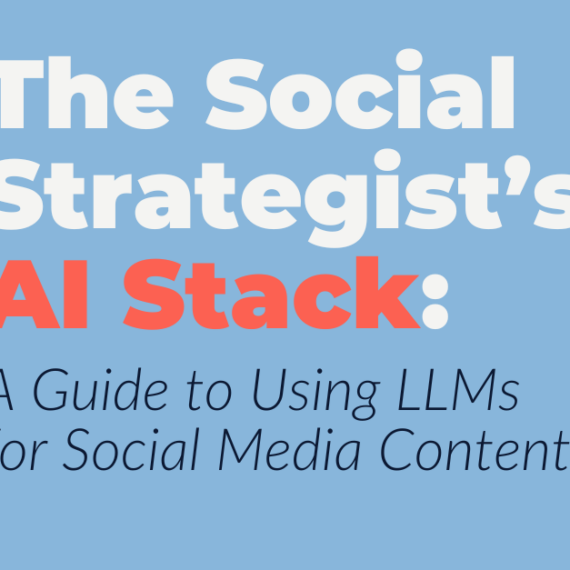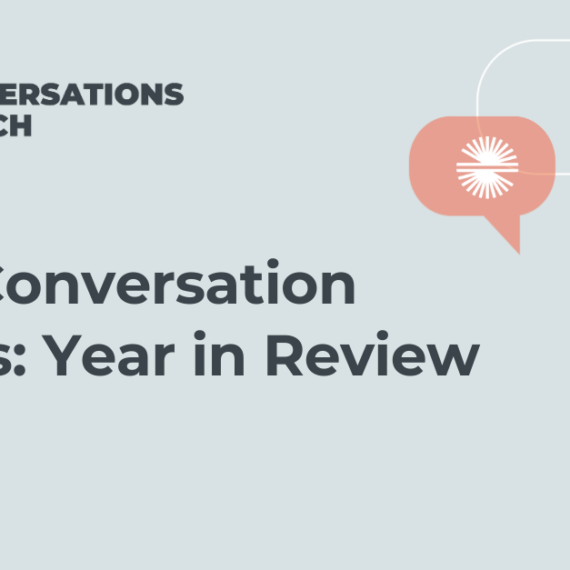News, by definition, is always being refreshed by the world it mirrors. A year ago, few if any of us even knew the word “COVID” or “coronavirus.” And pandemics were something that happened long, long ago in a black-and-white world.
Still, news – paradoxically – has a predictably about it, even in the unpredictable world of tech. There’s a rough calendar to it: CES happens, albeit virtually this year; RSA, Mobile World Congress and SXSW shine spotlights on security, mobility and oddity, respectively; Apple puts out a new phone; Dreamforce happens (maybe live this time); scammers and hackers make Cyber Monday a mess; and then everyone’s prepping for CES again.
Even in 2020, tech news stayed more the same than it changed. According to the Muckrack State of Tech Journalism report released in November, over half of those surveyed (54%) say that COVID-19 pushed them to report more on remote work and virtual communication. And yet, 78 percent said they still wrote less than half of their stories on COVID angles. The numbers almost seem paradoxical. But what they remind us is there are many angles to pitch and report, no matter how gigantic the story on Page 1 is.
So as we enter 2021, here are five stories I can’t wait to pitch (and/or read), some related to COVID, some not.
- Will video remain ubiquitous? I’ve been pitching videoconferencing stories for more than a decade. But they rarely hit the mark. Until they couldn’t be ignored. Of all the behavioral changes technology enabled in 2020, it will be fascinating to see if we keep connecting via video even when we no longer have to. Remember good old-fashioned voice calls? Are those over? And what about …
- … Remote work? Not being able to work from an office makes video a necessity. But now that we’ve learned we can be just as if not more productive – and commute less – are we heading back to the freeways, “packed like lemmings in shiny metal boxes” (h/t Sting), five days a week? I don’t think we are. I expect hybrid is here to stay. And the tech side of that story is never-ending. It’s not just video, but other kinds of collaboration software, tech for the expanding home office, and tech that will help businesses figure out how to spend all that money we’re saving on lower T&E and commercial real estate. (Who need two floors when only half the office comes in on a given day?)
- Will smart buildings finally be, you know, smart? Smart buildings – and the smart cities they will create, address by address, block by block – have been slow in coming to say the least. But successes in Tokyo and a clear desire to keep people safe from the next illness once COVID clears suggest that, like video, necessity will drive us to greater heights in smart buildings. Already, real-time software and others advances in the Internet of Things are making the ‘smart’ movement look less like an advertising tactic and more like reality. One hurdle however is remote work. If less people work in offices, and if rents drop as a result, building owners will have less cash to invest in being smart. Hopefully, they’ll realize that investment in being ‘smart’ may be the difference between them surviving the hybrid work era and becoming an empty lot.
- What about 5G? As a guy who’s been pitching 5G since 2015, I’m patient about its potential. I knew then it would take years, thanks to clients who didn’t push hype, and thus I did my best to ignore certain claims that it would reach its potential in 2018. Or even 2020. Like all previous wireless generations, it is coming online – piece by piece. How many more pieces fall into place in 2021 will go a long way toward 5G finally escaping the hype cycle, especially with post-COVID practices such as remote work and real-time sensors in factories and buildings driving the need for better connectivity.
- Can technology save elections? It is silliness that in 2021 many of us do not trust any method of voting beyond in-person. But it’s also understandable. Tech companies and local governments have not done enough to explain how they keep elections secure – and the media struggles to tell those stories well. That said, in an era when billions of dollars change hands over the Internet, when countries keep state secrets on government servers out of hackers’ hands (mostly), why are we not voting electronically? It would almost certainly improve voter turnout from 2020’s record of 60+%. And if explained properly, it can be trusted universally. No online system is foolproof. But we have the technology to make online elections very trustworthy – and, in the worst case, move quickly if something goes wrong. I suspect this story will be hot straight through to 2024. And I worry it still won’t be resolved by then, or even in my lifetime.
I’m pretty sure we can count on these stories driving news in 2021. And given 2020, you’ll forgive me for being nervous about the stories we can’t yet predict. Be safe – and Happy New Year (finally)!






